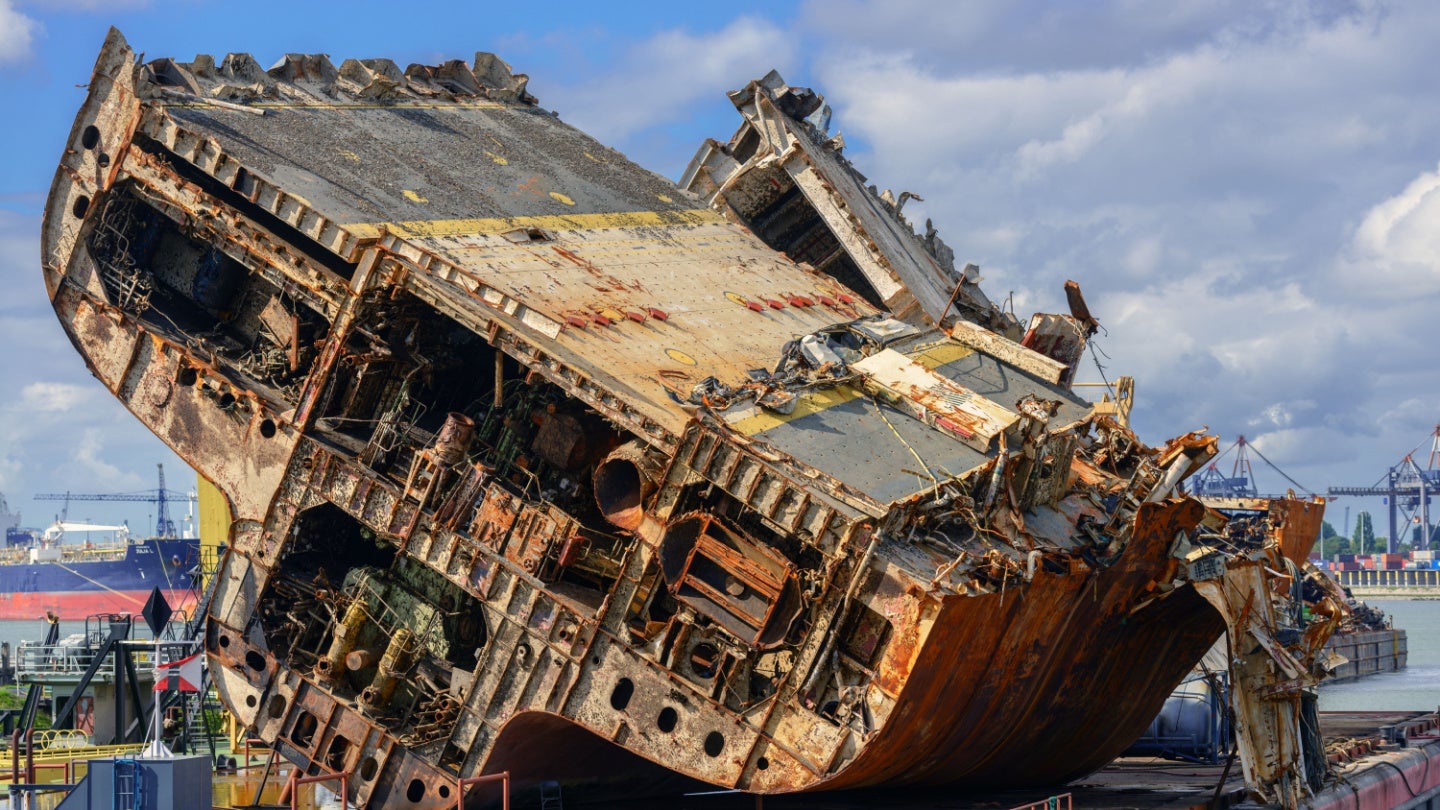
A new EU agreement on waste shipment regulations could open the door for EU flagged vessels to be recycled at non-EU and non-OECD recycling yards on an approved list.
The provisional agreement between the European Council and European Parliament would see the Waste Shipment Regulation amended to allow international yards that meet EU standards to work with companies and vessels based within the Union.
Danish Shipping, the trade organisation for Denmark’s maritime industry, said that the new regulation would raise the standards for ship-recycling facilities around the globe as they seek to attract EU customers.
Nina Porst, director of climate, environment and safety at Danish Shipping, said: “As part of our decarbonisation process, an increasing number of older, less energy-efficient ships will need to be recycled.
“Increasing the global facility capacity for recycling ships according to the high EU safety and environmental standards is good news for all parties.”
The agreement, which is waiting for endorsement from the member states of the council and the European Parliament’s environment committee before being formally adopted, mostly covered the shipment of plastic and hazardous waste to non-OECD countries, but is also being seen as an important opportunity for the maritime industry.

US Tariffs are shifting - will you react or anticipate?
Don’t let policy changes catch you off guard. Stay proactive with real-time data and expert analysis.
By GlobalDataExports of the hazardous waste often included in ships sold for recycling are currently banned for EU flagged ships under the Union’s Basel Convention, while the EU Ship Recycling Regulation (EUSRR) also requires all EU flagged vessels to be recycled at an approved list of facilities.
Porst said that the timing of the agreement was especially important as many of the ships reaching the end of their lives would be larger vessels that are better suited for recycling at non-OECD facilities.
This was echoed by Rakesh Bhargava, chief executive of recycling consultancy firm Sea Sentinels, who said that the move would finally allow yards that “have been banging on the door for a very long time” onto the approved list.
He added: “At the same time, this would greatly expand the shipbreaking opportunities for many shipowners with EU-flagged vessels who have been constrained by legal and reputational reasons to recycle their vessels at mainly European yards on the approved list with limited capacity for larger ships.”
The EU agreement also comes soon after the IMO’s Hong Kong Convention on ship recycling came into full force for the first time after being ratified by Bangladesh and Liberia, ensuring safer and more environmentally friendly processes at ship recycling facilities around the world.



